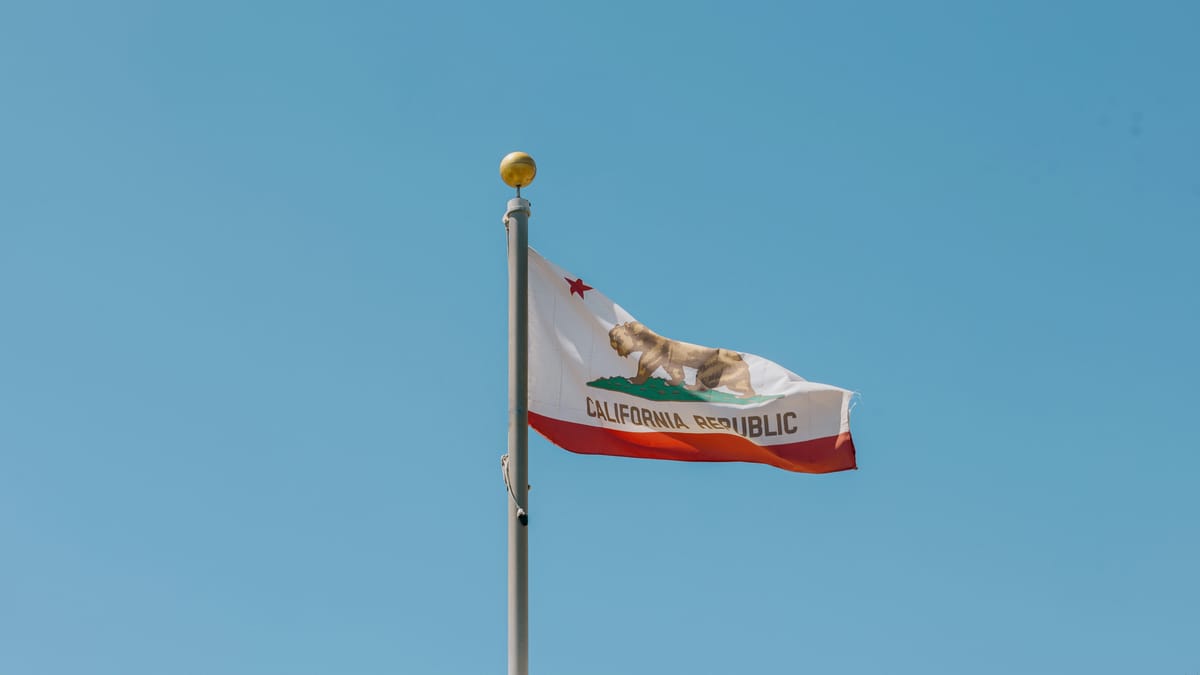Federal Court Upholds California’s Right to Enforce Anti-Caste Protections

SACRAMENTO, Calif. — A federal judge upheld California’s authority to combat caste discrimination, rejecting a legal challenge that alleged the state’s civil rights enforcement violated the constitutional rights of Hindu Americans.
On July 18, the U.S. District Court for the Eastern District of California dismissed a 2024 lawsuit filed by the Hindu American Foundation (HAF) and eight individuals against Kevin Kish, director of the California Civil Rights Department (CRD). The court found the plaintiffs lacked legal standing and failed to present a viable constitutional claim. In a final blow to the case, the judge denied them an opportunity to amend the complaint, ruling that further litigation would be futile.
In the ruling, the court affirmed the CRD’s constitutional power to represent caste-oppressed individuals in discrimination cases. It also upheld the department’s ongoing litigation—including its high-profile action against Cisco—as valid state enforcement. Arguments that the CRD violated religious liberty, due process, or equal protection were dismissed as legally insufficient. The court noted that HAF’s position was contradictory, claiming both that caste is not integral to Hinduism and that anti-caste protections infringe on Hindu religious practice.
The judge also rejected HAF’s broad claim to represent all Hindu Americans, citing the group’s failure to show meaningful engagement or standing within the wider community.
Community Groups Praise Decision
The ruling was welcomed by civil rights and anti-caste advocacy organizations, who called it a major milestone in recognizing caste discrimination within U.S. institutions.
Leaders from the Ambedkar King Study Circle said the decision sends a clear message that civil rights laws protect those harmed by caste-based exclusion. The group’s convenor, Karthikeyan Shanmugam, called the ruling “historic” and said it affirms that caste discrimination cannot be shielded by religious freedom claims. He added that the court’s reasoning confirms that civil rights enforcement does not infringe on legitimate religious liberty.
Others noted the broader implications for caste-oppressed communities across the country. Dr. Roja Singh, president of the Dalit Solidarity Forum, said the judgment marks a critical step forward in ensuring safety, dignity, and equality for those who have long faced caste-based barriers. She said the U.S. legal system is now beginning to confront a form of discrimination that has often gone unacknowledged.
The decision also drew praise from interfaith allies. Vivek Kembaiyan, Western Regional Organizer with Hindus for Human Rights, said the ruling highlights how far-right groups have failed to use religious language to justify caste oppression. He noted that efforts to separate Hinduism from caste while opposing anti-caste protections are dishonest and harmful. “As Hindus,” he said, “we must reckon honestly with the historical and ongoing harm caused by the caste system.”
Legal Impact
Supporters say the judgment strengthens California’s role as a national leader in civil rights enforcement and sets a precedent for similar actions in other states. The court’s firm rejection of religious liberty arguments in defense of caste discrimination is seen as a warning to those seeking to use identity-based claims to undermine civil rights.
The ruling stands as a clear declaration: caste-based discrimination is incompatible with U.S. law and will not be tolerated under the guise of religious practice.
